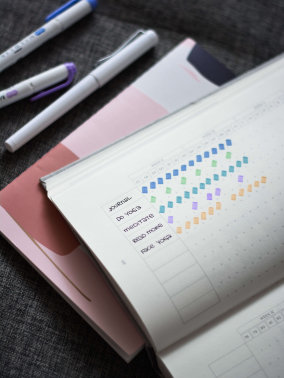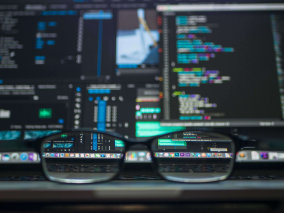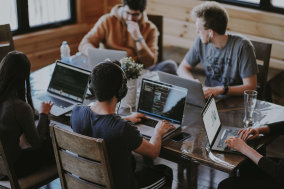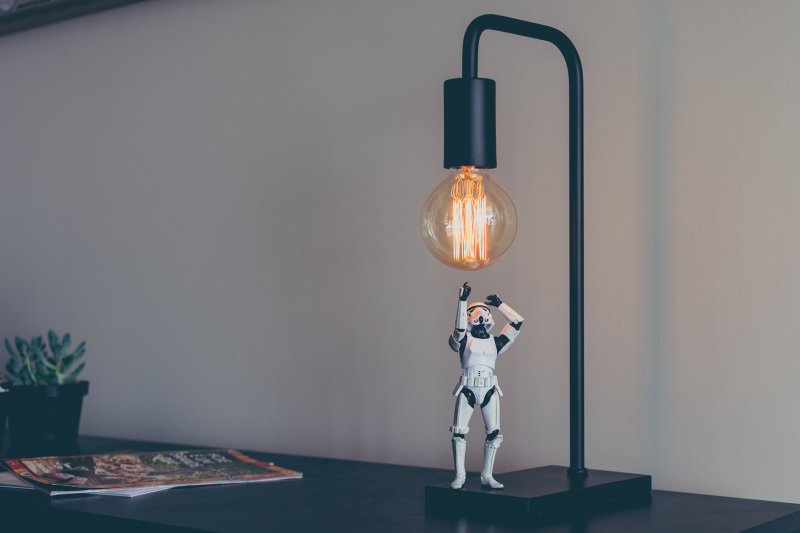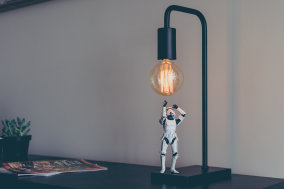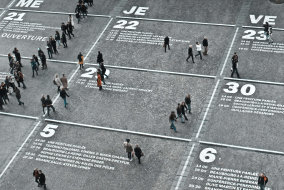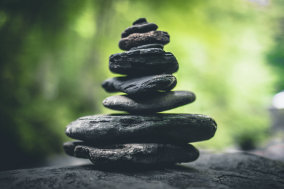Book summary of
Digital Minimalism
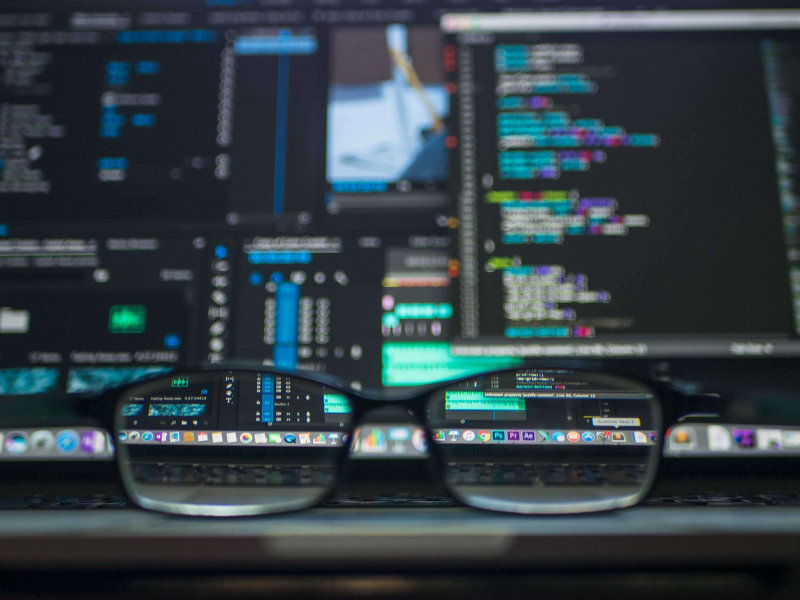
How to master your attention in an increasingly high-tech world.
Digital Minimalism
Why digital minimalism? The amount of time we spend staring at a screen is unsustainable. Mastering our high-tech habits is key to make the best use of it by prioritizing long-term benefits over short-term satisfaction.
What's the bad thing about tech? It's not that tech isn't useful and that we should reject it, it's about the fact that it dictates how we behave/feel, resulting in a loss of control/autonomy. The question is, how can we take back control?
Are we the problem? It's not that we are too lazy or too weak to resist, it's just that we don't know how to protect ourselves from the design patterns used by tech companies to foster moderate behavioral addictions.
What's an addiction? "Addiction is a condition in which a person engages in use of a substance or in a behavior for which the rewarding effects provide a compelling incentive to repeatedly pursue the behavior despite detrimental consequences."
Why addiction is a viable business plan? Addiction drives usage up by definition, which in turn gives companies a space to catch your attention to sell things and increase profits.
What are the two forces driving behavioral addiction? Intermittent positive reinforcement and the drive for social approval.
What's intermittent positive reinforcement? Unpredictable rewards in the form of likes, upvotes, swipes, or retweets distributed on a regular basis releases more dopamine than predictable ones. Opening an app to see notifications drives up the amount of time you spend on it significantly: it's like using a slot machine.
What's a drive for social approval? Humans are social animals craving for attention and social approval. Inversely, we are programmed to avoid the disapproval of others.
The Digital Declutter
What is digital minimalism? "A philosophy of technology use in which you focus your online time on a small number of carefully selected and optimized activities that strongly support things you value, and then happily miss out on everything else."
What's the objective? To transform the technologies you use from a source of distraction into tools to support a life well lived.
What are the 3 principles behind digital minimalism? Clutter is costly, optimization is important, and intentionality is satisfying.
Why is clutter costly? Clutter creates cumulative costs ("the amount of life which is required to be exchanged for it, immediately or in the long run") that outweight the benefits of most app, device, or service.
Why is optimization important? Filtering the technologies you use is only the first step. You also need to think about how to use them effectively.
Why is intentionality satisfying? Because control and the meaning you derive from it are more satisfying than blindly going with the flow.
What is digital decluttering? It's a 30-day period where you take a break from the optional technologies in your life to rediscover meaningful activities. At the end of the break, you reintroduce those technologies one at a time after carefully determining their added values and how you'll use them to serve you.
What's an optional technology? Any app, website, or digital tool that won't harm the daily operation of your professional or personal life during the one-month period.
How to deal with the withdrawal symptoms? The first two weeks will probably feel unpleasant. The key is to focus on cultivating high-quality (as in, meaningful and enjoyable) alternatives that will fill in the periods of void you'll experience. Read a book instead of browsing Reddit during your commute, for example.
What are the 3 criteria to allow an optional technology back into your life? It has to serve something you deeply value (clear mission), be the best way to use technology to serve said value (no better alternative), and be constrained by rules to tell you when (what day, how frequently) and how (methodology) to use it.
Spend Time Alone
What's solitude? "Solitude is a subjective state in which your mind is free from input from other minds."
Why is solitude so important? Solitude is when new ideas are born, you develop an understanding of the self, and you build appreciation for interpersonal connections.
What's the problem with hyper-connectivity? It creates solitude deprivation, possibly leading to anxiety, stress, and depression because humans are not wired to be constantly connected.
What's solitude deprivation? "A state in which you spend close to zero time alone with your own thoughts and free from input from other minds."
How to practice solitude?
- Leave your phone at home
- Take long walks
- Write letters to yourself
Don't Click "Like"
Why are humans social animals? Our species evolved by performing complex tasks involving high social intelligence (body language, emotional intelligence, elocution, mind reading, etc.). We crave rich social interactions. It's been proven that our brains default to thinking about our social lives when we do nothing specific.
What's the problem with tech and human interactions? Complex social thinking tasks are replaced with more shallow low-signal alternatives, such as Like buttons. This disruption has a negative impact on our social abilities (e.g, the more you use social media, the more likely you are to feel lonely if you don't cultivate rich offline interactions).
What's conversation? It's about being face-to-face, fully present to one another. We learn to listen and develop our empathy. It's where we experience the joy of being heard and understood.
What's conversation-centric communication? A communication philosophy placing conversation over connection.
How to practice conversation-centric communication?
- Don't click "Like"
- Don't leave comments on social media posts
- Keep your phone in Do Not Disturb mode by default
- Hold conversation office hours (put aside set times on set days during which you’re always available for conversation, by phone or in in-person meetings)
Reclaim Leisure
What's a life well lived? A life that requires activities that serve no other purpose than the satisfaction that the activity itself generates: high-quality leisure.
Why do we need this high-quality leisure after a digital declutter? To take your mind off the withdrawal symptoms you might experience and to use your new free time effectively.
How to choose your activities?
- Prioritize demanding activities over passive consumption: it provides more satisfaction and rewards. Even if it's after a hard day of work, your mind doesn't tire like a muscle: it is capable of continuous hard activity and only need change.
- Pick up a craft: use your skills to produce valuable things in the real world
- Seek activities that require real-world, structured social interactions
How to cultivate your high-quality activities?
- Fix or build something every week: begin with easy projects (use Youtube to learn) and gradually take on more ambitious ones
- Schedule your low-quality leisure, pursue high-quality leisure by default
- Join a community or events
- Follow leisure plans: lay down an objective, write down strategies to stick to it, develop habits that will support this objective, and review your progress weekly
Join the Attention Resistance
What are tactics to use to resist companies trying to capture your attention?
- Delete social media from your phone: mobile versions are more likely to be addictive than their desktop counterpart.
- Turn your devices into single-purpose computers: shut down some core functions to increase your productivity on a project basis instead of giving room to multi-tasking.
- Use social media like a professional: restrict your use to specific hours and download tools to cut through the noise (e.g TweetDeck for Twitter).
- Embrace slow media: maximize the quality of what you consume by carefully choosing your sources. Prefer in-depth curated content over flash news and batch those activities (bookmark for later or use aggregation tools).
- Dumb down your smartphone: consider switching your smartphone for a regular phone

